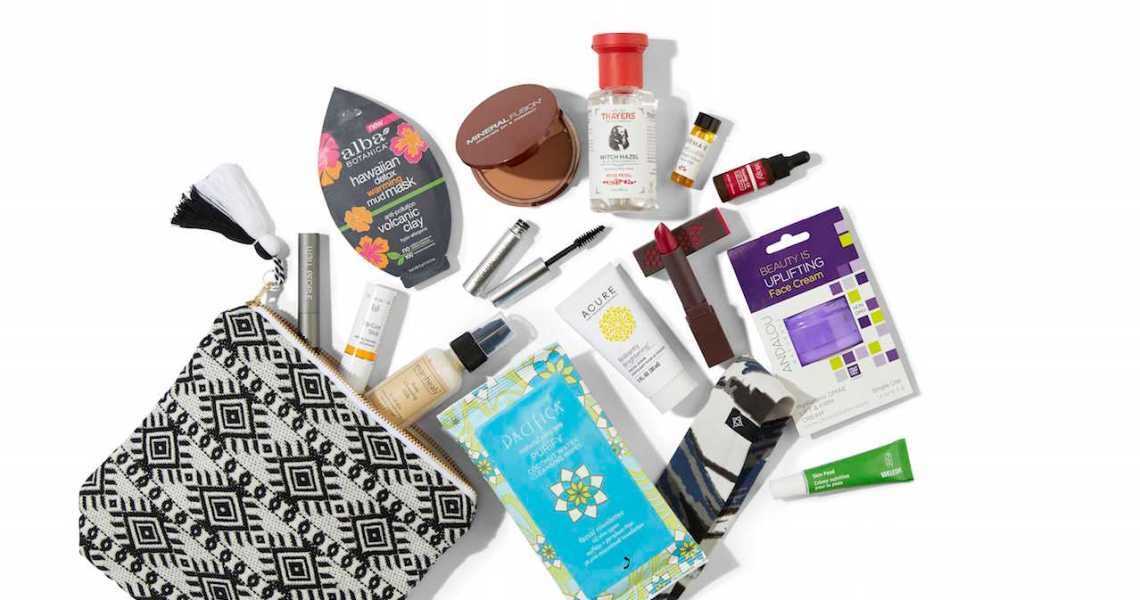With the rate of new beauty brands coming to market showing no signs of slowing down, it would make sense that those on the borders of the industry (i.e., public relations, consulting and marketing professionals) would want to come to the forefront as founders.
Working with beauty clients has exposed these industry experts to what trends are emerging, what resonates with customers and what ultimately is dead on arrival. But building a beauty company of your own isn’t easy when the competition is much bigger companies, private-label giants and, of course, influencer-led brands.
For our latest confessions, we spoke to an industry professional and beauty founder about what it is like to simultaneously build two businesses is like.
Some would argue that the landscape does not need another beauty brand; why did you want to start your own company?
Being able to see brands before they launch — before editors and customers do — so that I can pitch them, I get to see the good, the bad and the indifferent. When I first thought about this, I wondered how, because I didn’t see brands coming up with good ideas anymore. There are so many bad ideas out there right now because everyone wants to be a founder. I wasn’t going to put my name on something that was not distinct. When I started conceptualizing the line, I realized that brands were not putting active ingredients at the front of this one category, and we thought that was the way to impress women so they would not just go to the drugstore and buy something for $10.99 and think of it as a throw away product. It is my job in beauty to know everything about my clients’ businesses, but also to know what is going to come up behind them.
You sit in the clean category, but that is a also a very saturated segment. What are you doing to stand out?
We aren’t just focused on clean — in fact, we barely talk about it when how we describe our brand. We have represented a lot of clean brands in my business, but I don’t want that alone to be our narrative. We think if we show that we formulate responsibly, then, yes, clean is a byproduct. There are no junk food or filler ingredients, which you find from other brands, and could negatively affect a customer’s perception of a product. We have to take it a step beyond clean; it’s not enough anymore.
What are necessary attributes for a beauty brand’s success today?
These ideas of putting the founder out there, communicating and emotionally connecting with customers directly, and authenticity are indie beauty 2.0. If brands don’t adopt those tactics, those brands are not surviving today or are not going to survive in the long run. On my client roster are brands with those qualities in their DNA, because otherwise, there is no point.
Do you plan on juggling your existing beauty clients with your new brand?
When we first decided to start working on this brand, I had about 15 clients, and I’ve scaled back to half, not including my brand. In the last 14 months, I have kept it business as usual, and I would say that most of my clients had no idea I was doing this on the side. But I did tell most of them about a year in advance. Most of them were very open and willing to answer questions and provide support. I think it could become delicate with existing clients if I’m out in the market and in press as a brand founder.
Did any clients respond surprisingly?
One brand that I used to work with found out through industry chatter that I was starting something. I’m not sure why they had an issue, but I have heard that they think it is unfair and that I had some sort of insider info that led me here. I hadn’t worked with that brand since my concept was realized, and while working with them, the only information I had was factsheets, product information and high res imagery. I was never given vendor information, and I had no lab information, which are the only proprietary basics that you need to fast-track a business. I had a several-month, serious dialogue with one big beauty retailer about carrying our brand, and then all of a sudden, they had to “hold off,” and I immediately thought it was because this client said not to sell my brand. We didn’t want to poke the bear, but then the same thing happened with another retailer, and it was confirmed by their team that if they carried us, the former client’s brand would stop selling with them. My mouth dropped. I reached out personally and tried to resolve the issue off the record, but I never heard back. I had never heard of someone being able to do that to retailers.
Has this made you more reticent about the future of the business?
We have tried to get in front of the situation with other retailers, who may have a relationship [with that brand]. It is sad and disappointing to see another brand make our brand all about them, but that’s the kind of competition that happens behind closed doors in beauty right now.




